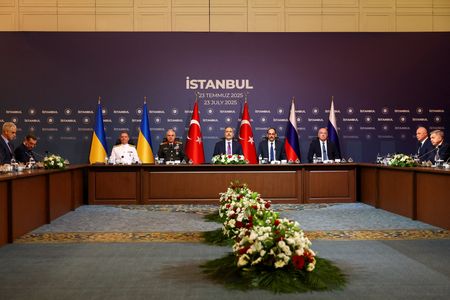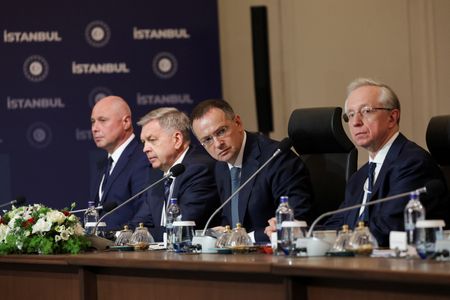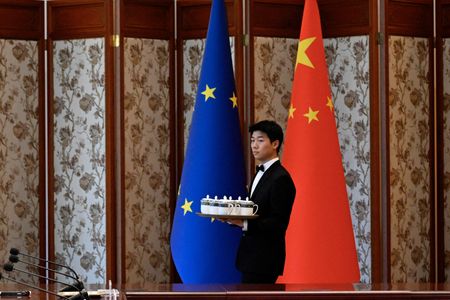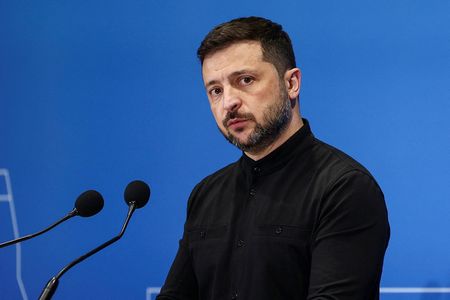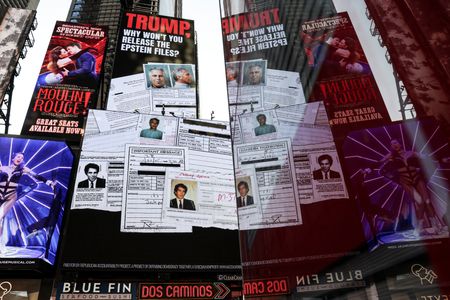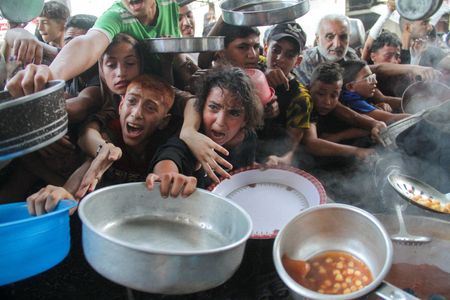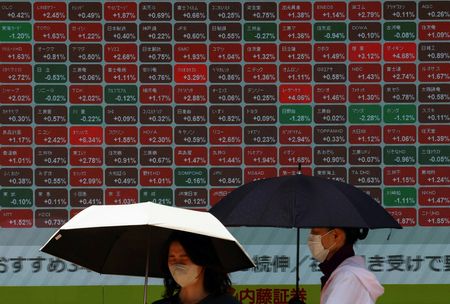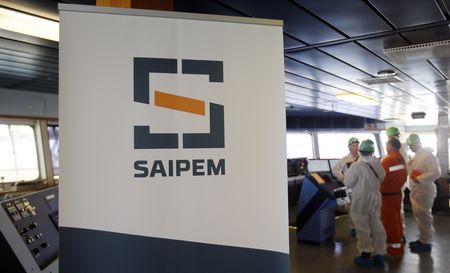ISTANBUL (Reuters) -Russia and Ukraine discussed further prisoner swaps on Wednesday at a brief session of peace talks in Istanbul, but the sides remained far apart on ceasefire terms and a possible meeting of their leaders.
“We have progress on the humanitarian track, with no progress on a cessation of hostilities,” Ukraine’s chief delegate Rustem Umerov said after talks that lasted just 40 minutes.
He said Ukraine had proposed a meeting before the end of August between Ukraine’s President Volodymyr Zelenskiy and Russian President Vladimir Putin. He added: “By agreeing to this proposal, Russia can clearly demonstrate its constructive approach.”
Russia’s chief delegate Vladimir Medinsky said the point of a leaders’ meeting should be to sign an agreement, not to “discuss everything from scratch”.
He renewed Moscow’s call for a series of short ceasefires of 24-48 hours to enable the retrieval of bodies. Ukraine says it wants an immediate and much longer ceasefire.
The talks took place just over a week after U.S. President Donald Trump threatened heavy new sanctions on Russia and countries that buy its exports unless a peace deal was reached within 50 days.
There was no sign of any progress towards that goal, although both sides said there was discussion of further humanitarian exchanges following a series of prisoner swaps, the latest of which took place on Wednesday.
Medinsky said the negotiators agreed to exchange at least 1,200 more prisoners of war from each side, and Russia had offered to hand over another 3,000 Ukrainian bodies.
He said Moscow was working through a list of 339 names of Ukrainian children that Kyiv accuses it of abducting. Russia denies that charge and says it has offered protection to children separated from their parents during the war.
“Some of the children have already been returned back to Ukraine. Work is under way on the rest. If their legal parents, close relatives, representatives are found, these children will immediately return home,” Medinsky said.
Umerov said Kyiv was expecting “further progress” on POWs, adding: “We continue to insist on the release of civilians, including children.” Ukrainian authorities say at least 19,000 children have been forcibly deported.
SHORTEST TALKS YET
Before the talks, the Kremlin had played down expectations, describing the two sides’ positions as diametrically opposed and saying no one should expect miracles.
At 40 minutes, the meeting was even shorter than the two sides’ previous encounters on May 16 and June 2, which lasted a combined total of under three hours.
Oleksandr Bevz, a member of the Ukrainian delegation, said Kyiv had proposed a Putin-Zelenskiy meeting in August because that would fall within the deadline set by Trump for a deal.
Putin turned down a previous challenge from Zelenskiy to meet in person and has said he does not see him as a legitimate leader because Ukraine, which is under martial law, did not hold new elections when Zelenskiy’s five-year mandate expired last year.
Trump has patched up relations with Zelenskiy after a public row with him at the White House in February, and has lately expressed growing frustration with Putin.
Three sources close to the Kremlin told Reuters last week that Putin, unfazed by Trump’s ultimatum, would keep fighting in Ukraine until the West engaged on his terms for peace, and that his territorial demands may widen as Russian forces advance.
(Additional reporting by Huseyin Hayatsever and Tuvan Gumrukcu in Ankara; Olena Harmash in Kyiv; Yuliia Dysa in Warsaw; Dmitry Antonov, Anton Kolodyazhnyy and Anastasia Lyrchikova in Moscow; Filipp Lebedev in London; Writing by Mark Trevelyan; Editing by David Gregorio)

